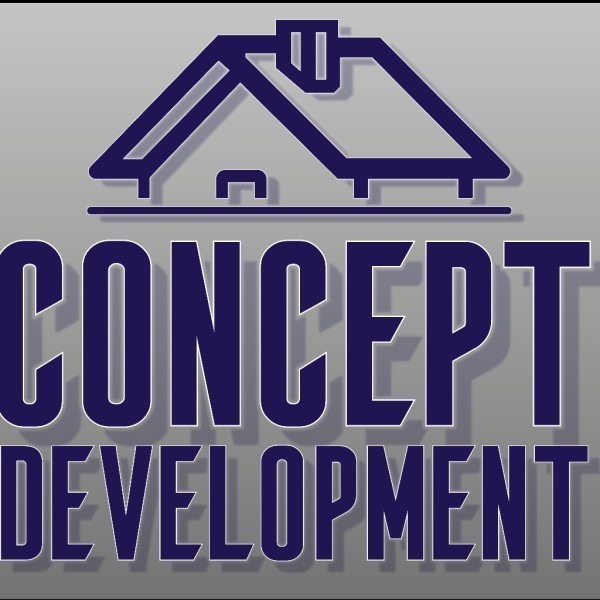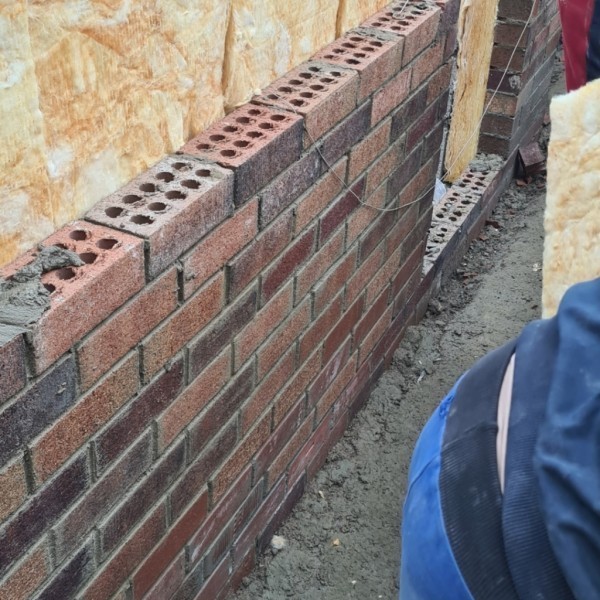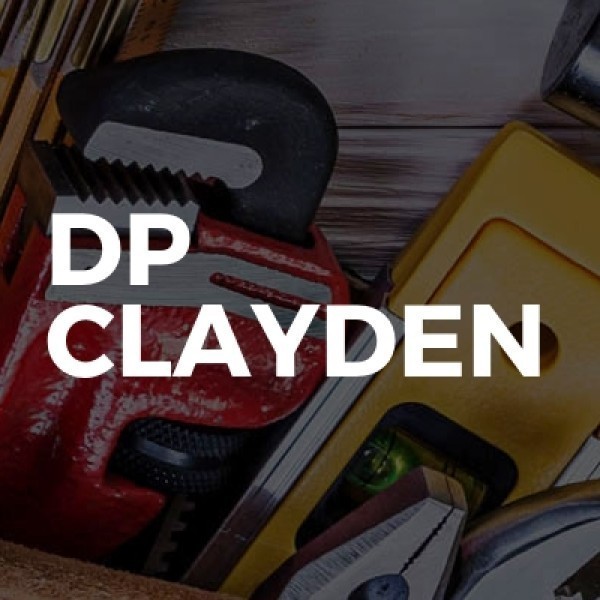Extension Builders in York
Filter your search
Post your job FREE and let trades come to you
Save time by filling out our simple job post form today and your job will be sent to trades in your area so you can sit back, relax and wait for available trades to contact you.
Post your job FREESearch Extension Builders in places nearby
Understanding the Role of Extension Builders in York
York, a city rich in history and culture, is experiencing a surge in home extensions. The demand for additional living space has led to the rise of extension builders in York. These professionals are skilled in transforming homes, adding value and functionality. But what exactly do they do, and why are they so important?
The Growing Need for Home Extensions
As families grow and lifestyles change, the need for more space becomes apparent. In York, where property prices are on the rise, extending an existing home is often more economical than moving. Home extensions offer a practical solution, providing extra rooms, larger kitchens, or even home offices.
Benefits of Home Extensions
- Increased Property Value: A well-executed extension can significantly boost a home's market value.
- Enhanced Living Space: More room for family activities, hobbies, or relaxation.
- Personalised Design: Tailor the space to meet specific needs and preferences.
Types of Home Extensions
Extension builders in York offer a variety of options to suit different needs and budgets. Understanding these can help homeowners make informed decisions.
Single-Storey Extensions
These are popular for expanding kitchens or living rooms. They are typically less expensive and quicker to build than multi-storey extensions.
Double-Storey Extensions
Ideal for adding multiple rooms, these extensions provide significant additional space but require more planning and investment.
Wrap-Around Extensions
Combining side and rear extensions, wrap-around extensions offer maximum space and flexibility, perfect for open-plan living.
Conservatories and Orangeries
These glass structures bring in natural light and can be used as sunrooms, dining areas, or even greenhouses.
Choosing the Right Extension Builder in York
Selecting the right builder is crucial for a successful project. Here are some tips to consider:
Experience and Expertise
Look for builders with a proven track record in home extensions. Experienced builders will have a portfolio of past projects and satisfied clients.
Local Knowledge
Builders familiar with York's building regulations and architectural styles can navigate the planning process more efficiently.
Reputation and Reviews
Check online reviews and ask for references. A builder with a strong reputation is more likely to deliver quality work.
The Planning Process
Before construction begins, several steps must be taken to ensure a smooth process.
Initial Consultation
Discuss your ideas and budget with the builder. They will provide advice on feasibility and design options.
Design and Planning
Work with architects to create detailed plans. These will be used to obtain necessary planning permissions.
Obtaining Permissions
Most extensions require planning permission from the local council. Your builder can assist with this process.
Construction and Project Management
Once planning is approved, construction can begin. Effective project management is key to staying on schedule and within budget.
Site Preparation
Clearing the area and setting up temporary facilities are the first steps in construction.
Building Phase
This involves the actual construction work, from laying foundations to installing roofing and windows.
Finishing Touches
Once the structure is complete, interior work such as painting, flooring, and electrical installations are carried out.
Common Challenges and Solutions
Building an extension can come with challenges, but with careful planning, these can be overcome.
Budget Overruns
To avoid overspending, set a realistic budget and include a contingency fund for unexpected expenses.
Delays
Weather and supply issues can cause delays. Regular communication with your builder can help mitigate these.
Design Changes
Changes during construction can be costly. Finalise your design before work begins to avoid this.
Environmental Considerations
Modern extensions should be environmentally friendly. Consider these factors when planning your project.
Energy Efficiency
Incorporate energy-efficient windows, insulation, and heating systems to reduce energy consumption.
Sustainable Materials
Use eco-friendly materials such as recycled wood or sustainable concrete to minimise environmental impact.
Green Spaces
Integrate gardens or green roofs to enhance biodiversity and improve air quality.
Cost of Home Extensions in York
The cost of an extension can vary widely based on size, complexity, and materials used. Here's a rough guide:
| Type of Extension | Estimated Cost |
|---|---|
| Single-Storey | £20,000 - £50,000 |
| Double-Storey | £40,000 - £100,000 |
| Wrap-Around | £50,000 - £120,000 |
| Conservatory | £10,000 - £30,000 |
FAQs about Extension Builders in York
Here are some common questions homeowners have about extension builders in York:
1. Do I need planning permission for a home extension?
Most extensions require planning permission, but some may fall under permitted development rights. It's best to consult with your builder or local council.
2. How long does it take to build an extension?
The timeline varies based on the size and complexity of the project. On average, a single-storey extension may take 3-4 months, while a double-storey could take 6-9 months.
3. Can I live in my home during the construction?
In most cases, you can remain in your home, but there may be some disruption. Discuss this with your builder to plan accordingly.
4. How do I choose the right builder?
Look for experience, local knowledge, and positive reviews. It's also important to feel comfortable communicating with your builder.
5. What should I include in my budget?
Include costs for design, materials, labour, and any necessary permits. It's also wise to set aside a contingency fund for unexpected expenses.
6. What are the benefits of a green extension?
Green extensions are energy-efficient, environmentally friendly, and can reduce long-term utility costs. They also contribute to a healthier living environment.
Final Thoughts on Extension Builders in York
Extension builders in York play a vital role in helping homeowners enhance their living spaces. By understanding the process, choosing the right builder, and planning carefully, you can create a beautiful and functional extension that meets your needs and adds value to your home. Whether you're looking to expand your kitchen, add a new bedroom, or create a home office, the possibilities are endless with the right team by your side.

















